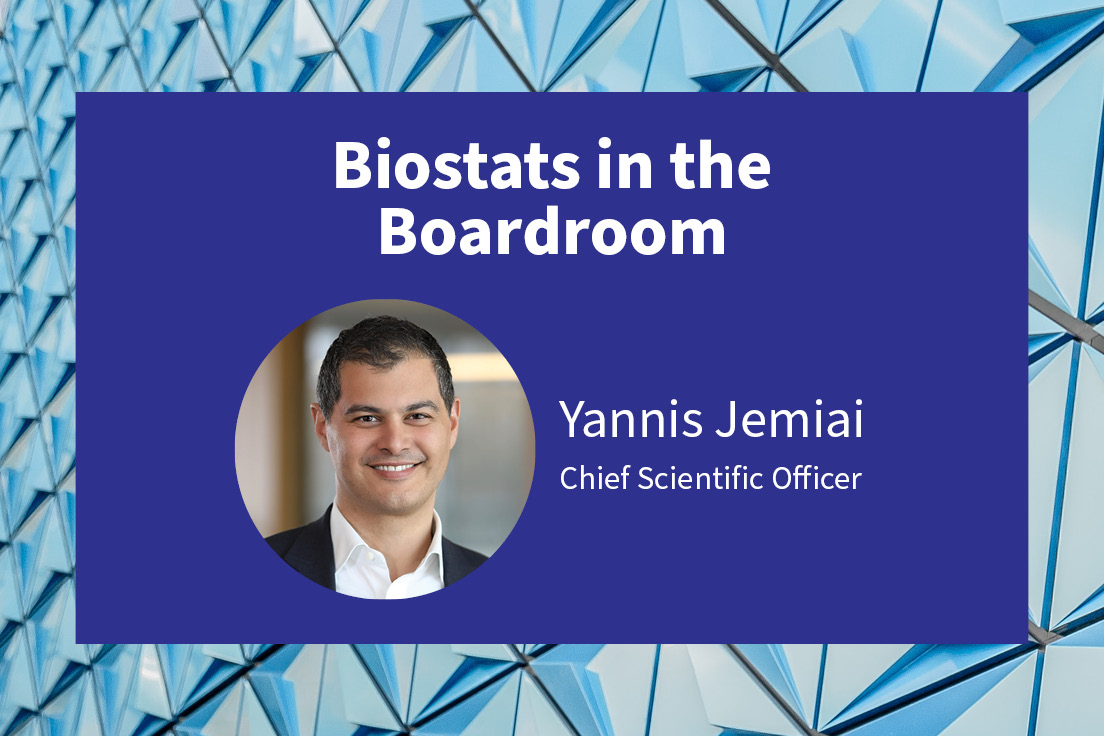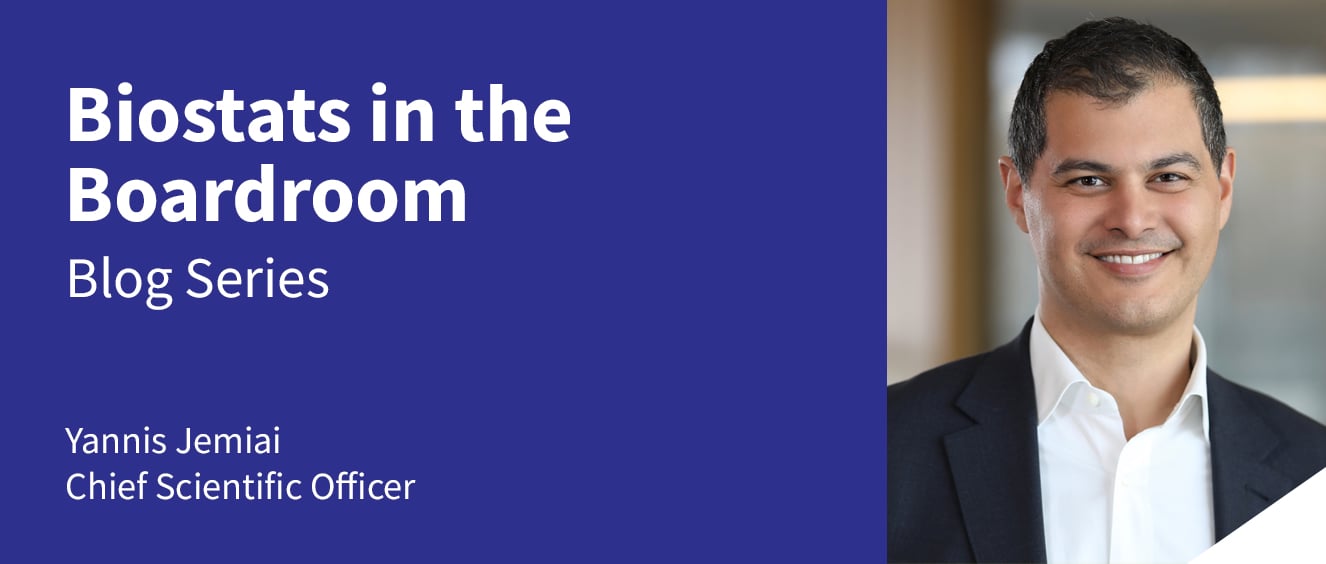A Look Ahead for 2023


Returning to Cytel after the winter holidays, I am excited to begin a year that will likely prove memorable for both my colleagues at Cytel and the industry at large. In 2022, Cytel laid the foundations for many projects that will bear fruit this year. We welcomed SDS Life Science and SDS MedteQ to the community of Cytel companies, creating new capabilities in regulatory affairs while augmenting existing capabilities in therapeutics development. We expanded further into the Asia-Pacific region, with new partnerships and projects in China, Singapore, and South Korea. We ended the year on a high note, with Cytel’s clinical strategy platform Solara® winning the Technology Innovation Award from Fierce Life Sciences. All of these have created a palpable momentum here at Cytel and will lead to a successful year of collaboration and transformation. Here are my predictions for what lies ahead in 2023:
Innovative Trial Designs
Flexible, adaptive, and novel trial designs (FAN designs) will continue to be a focus in 2023 as sponsor companies try to make the most of scarce resources in an economically depressed environment. Statistical methodologies that help reduce sample sizes, accelerate timelines, and increase probability of success by focusing on the right endpoint, right dosing, and right population will enjoy renewed popularity. As concerns turn to operationalizing these designs, we will witness more holistic conversations about the implications of FAN designs for regulatory affairs, financial investments, estimands, and more. At Cytel, we will very much be aided in this endeavor by our new colleagues in Sweden and Norway.
Simulation-Guided Design
I believe 2023 will be the year where Simulation-Guided Design – after hitting an inflection point – will really take off in the industry, sparking a need to re-invent the trial design and governance process. In the past two years, Cytel has led the way by developing a powerful trial simulation platform. Solara – as it is dubbed – has made leaps and bounds in aligning powerful compute power with clinical strategy. By the end of 2022, Solara had been adopted by more than 300 users in the top 20 biopharma across the world, with these users reporting an average savings of 20x on time and 10–20% on cost. It has enabled our clients to review 100x the models that legacy software permitted and allowed for billions of simulations per month. This has not only changed the tools available to sponsors, but the types of strategic conversations they are able and willing to have before choosing a clinical trial design. The breadth and depth of conversation about possibilities for planning, saving, and adjusting has been brilliant to see.
Quantitative Bias Analysis
HTA bodies are seeing more and more proposals for single-arm clinical trials, which means the use of Quantitative Bias Analysis to manage bias will become more popular. In 2022, Cytel joined NICE and others in forming the QBASEL Consortium, which has tested fourteen QBA studies. This has generated wildly positive results and revealed the high promise for this technique in the coming months and years. Stay tuned for more insights about what QBA can accomplish for your rare disease trials.
Estimands
The role of estimands has been evolving in the past few years, gaining traction as health authorities explicitly ask for them; COVID-19 responses, in particular, have showcased how important estimands are. We will see more regulatory consulting on estimands in the coming year, interest in applying this framework to safety signals, and, generally speaking, more strategic uses of estimands in the design of clinical trials.
Dose-Finding in Oncology
In 2022, Cytel published a position paper on the Sufficient Information Threshold, and how to use Bayesian techniques to make the most of Phase 2 designs leading to a more robust Phase 3 strategy. As oncology drugs have become more targeted and thus presumably safer, the FDA – by launching Project OPTIMUS – has turned its attention to fine-tuning the dose administered to patients, making dose-finding in oncology trials a greater focus. Thus, the importance of Phase 2 designs in oncology will take higher prominence in 2023, as the industry responds to this call to action and develops new methods for designing and running these studies.
These are just a few of the exciting things we have to look forward to this year. Come find us at our webinars and events, check out our interviews with Cytel's thought leaders, follow us on Twitter and LinkedIn, and please don’t hesitate to reach out to me and my colleagues if you have further questions.About Yannis Jemiai
 Yannis Jemiai has a pivotal role within Cytel as Chief Scientific Officer he has oversight for the corporate-level Scientific Agenda, which includes establishing research portfolios in Bayesian, small sample, and other flexible designs; as well as complex innovative designs including adaptive trials, master protocols, and MAMS. Yannis also has an extensive portfolio of research in adaptive trial design, financial and pharmaceutical strategy, decision theory, and regulatory affairs.
Yannis Jemiai has a pivotal role within Cytel as Chief Scientific Officer he has oversight for the corporate-level Scientific Agenda, which includes establishing research portfolios in Bayesian, small sample, and other flexible designs; as well as complex innovative designs including adaptive trials, master protocols, and MAMS. Yannis also has an extensive portfolio of research in adaptive trial design, financial and pharmaceutical strategy, decision theory, and regulatory affairs.
His own research has been published in numerous statistical journals. Dr. Jemiai earned his Ph.D. from Harvard University, an M.P.H. from Columbia University, and a B.A. in Molecular and Cellular Biology also from Harvard.
Read more from Perspectives on Enquiry and Evidence:
Sorry no results please clear the filters and try again

Industry Voices: Yannis Jemiai on Simulation-Guided Design and the Changing Landscape of Clinical Trial Strategy

Using Quantitative Bias Analysis in Real World Data Strategy


